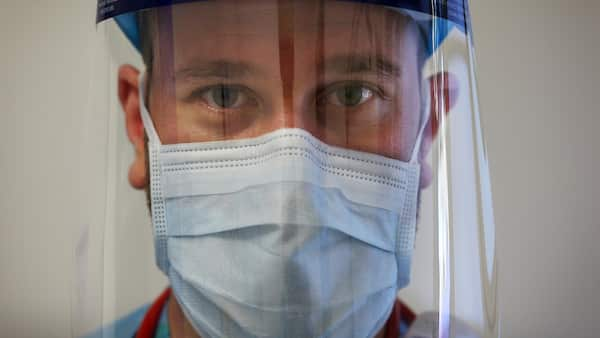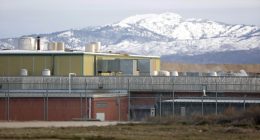Share this @internewscast.com
“Limiting vaccine access will only amplify COVID-19’s effects,” he noted.
It comes down to what US health officials say is a lack of evidence about the efficacy of COVID-19 boosters.
What’s happening in the US?
“We want to know more about what these products are doing, especially as we enter the seventh, eighth and ninth dose.”
Prasad indicated that all COVID-19 vaccine producers will need to perform placebo-controlled studies in healthy individuals aged 50 to 64 and are advised to include very young children in such trials.
‘Unethical’ process
“Though the elderly and those with existing health issues are generally more at risk, unfortunately, serious illness isn’t confined to these groups,” he commented.

“Typically, when we’re improving vaccines, we include the current standard of care, the approved vaccine rather than a true placebo.”
Some 20,000 people have left the department as part of mass layoffs.
How will supply and cost be impacted?
But for those still wanting to get vaccinated, supplies could decrease, and costs increase, he said.
“These companies are profit-driven like any business and are working in the best interest of shareholders.”
Could the same thing happen in Australia?
“The fear that I have is that people, the public and certain politicians are already aligning with some of those concerning things that are happening abroad, including in the US, and may call for these sorts of things to happen and further undermine their confidence in vaccines,” he said.
A 2024 report from the National Centre for Immunisation Research and Surveillance found that children aged from 12 months to 5 years old were less vaccinated in 2023 than in 2020.











